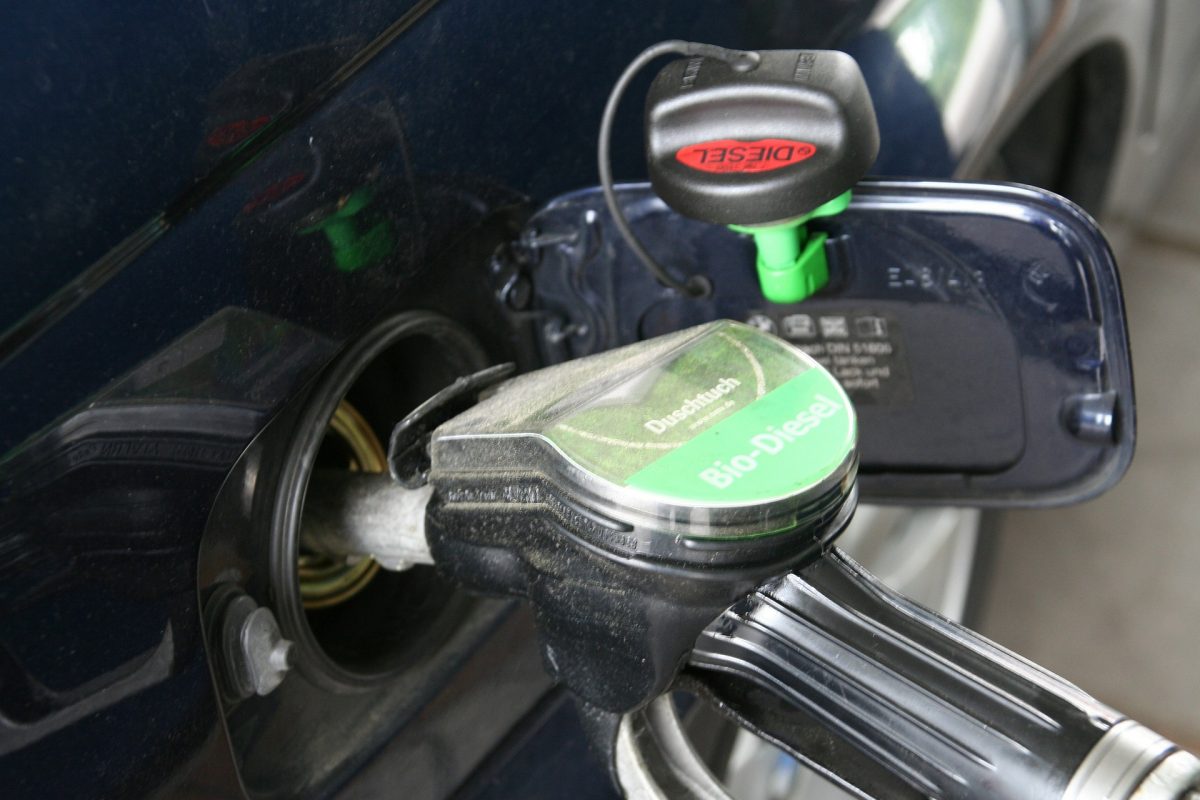The Independent Petroleum Marketers Association of Nigeria, IPMAN, has insisted that it is opposed to the removal of subsidy on petrol with the country refining the product locally.
IPMAN explained that with the government importing all premium motor spirit, petrol, consumed in the country, removing the over N3.5 trillion subsidy would expose Nigerians to arbitrary pricing.
Chinedu Ukadike, the IPMAN public relations officer, in a note to Vanguard on Sunday, April 2, 2023, insisted there has to local refining before the subsidy could be removed.
Ukadike said refining in-country should be the government priority, stressing that any decision on petrol subsidy removal should be left for the incoming administration.
According to him, “IPMAN is in support that the outgoing administration of President Muhammadu Buhari should not go into the removal of the subsidy as factors that would necessitate the removal of subsidy have not been put in place by the government.
“IPMAN also supports the position of PENGASSAN that our refineries should work and that our pipelines should be repaired in order to move petroleum products out of the coastal areas to the dry land closer to marketers that allow them load petroleum products as quickly as possible without having to move long distance.
“These are the factors that aid the movement to subsidy regime removal and if these factors are not in place, we will be able to curb petrol importation and guard against exorbitant pricing”.
Chief Ukadike noted that any attempt to remove the subsidy by President Buhari would create hardship for the people and challenges for the incoming administration.
The Petroleum and Natural Gas Senior Staff Association of Nigeria, PENGASSAN, had last week advised the incoming administration to, as a matter of urgency, remove fuel subsidy as part of efforts to facilitate growth of the downstream sector of the oil and gas industry.
Festus Osifo, the PENGASSAN president, told journalists that past administrations’ commitments to retaining subsidy in the country have adversely affected cost of living and the economy at large, also said that subsidy has shrunk the country’s dollar reserve and further frustrated the exchange market.
While maintaining its stand on removal of subsidy, he advised that the move would help the country save more and speed up infrastructural development across the country.
The PENGASSAN boss expressed belief that the subsidy will have a positive impact on the nation’s foreign exchange which would in turn rub off positively on the citizens.
According to him, the issue of subsidy, if removed, we believe that the downstream sector of the oil and gas industry will actually grow much more if that sector is deregulated.
“And in the last seven years, we have actually maintained that stand. We have maintained our stance not minding some of the side effects. But again, if you look at these subsidy attacks we tend to be trying to hold on to something why we are losing in some other areas.
“If you look at the cost of living, it has gone up drastically, by over and over, three times in the last two, or three years. If you look at the drivers of why the cost of living has actually moved to where it is today, it is actually because of the fact that our exchange rate has plummeted. Before now, our exchange rate used to be somewhere around 100 plus Naira to $1. But, today, it’s around 800. It even moved beyond it to 800 sometime last year.
“So, now, why is this exchange moving up? Because we are not aiming foreign exchange. Oil and gas is where we earn about 80 to 90% of our foreign exchange. But, at the end of the day, this money is now being used on any subsidy, importing PMS and when you now import this PMS what will now happen in return you will not sell in Naira. So, that has a shrinking dollar reserve, and because our dollar reserve has shrunk to the level it is today.
“That is actually why our exchange rate has plummeted. So now, if we address this problem, if we look at domestic refining, and we also look at the issues bothering on subsidy, if we address this, Nigerian and the Nigerian government will earn more money from the crude oil save and that money will go into CBN; it will shore up our reserves and it will support lots of other imports and the pressure in USD”.
Source: Vanguard







